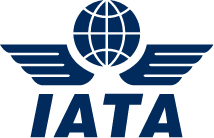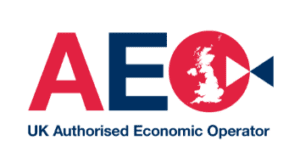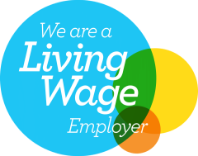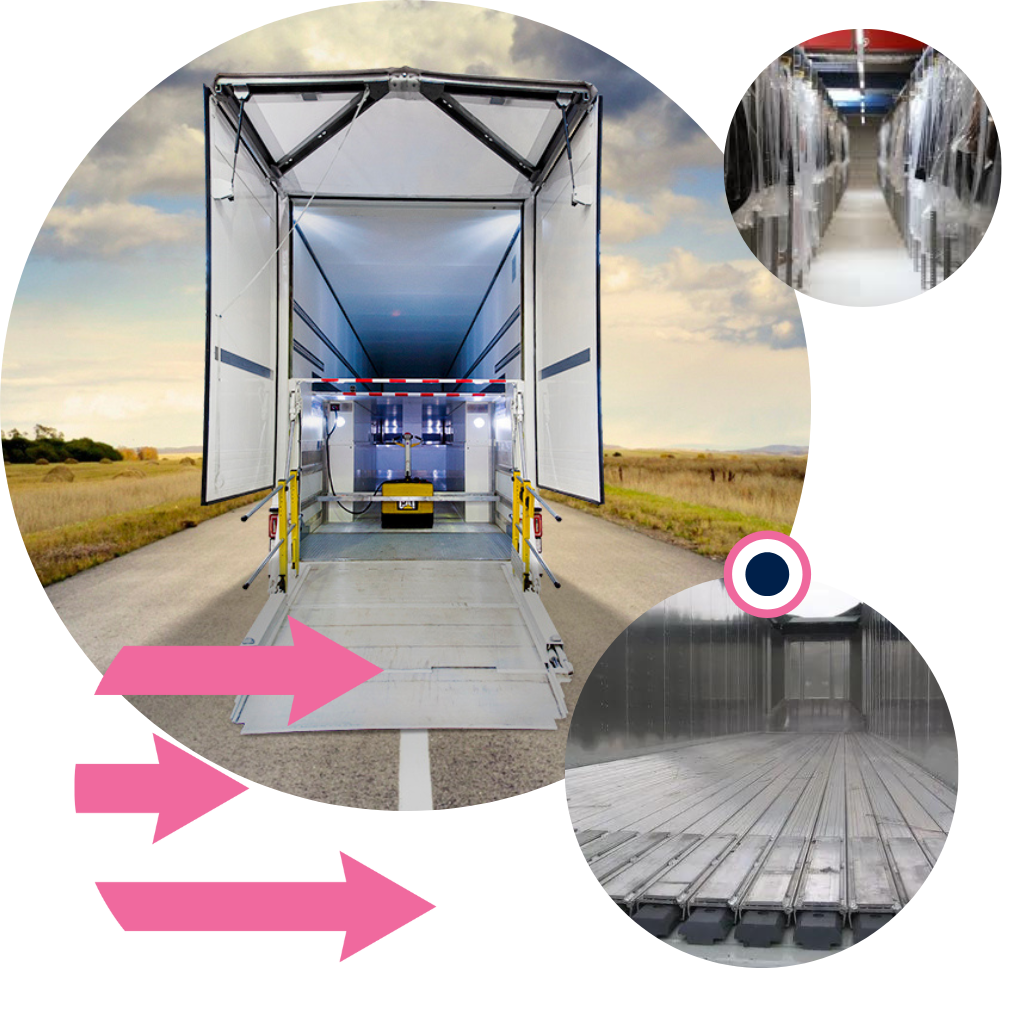Sustainability has become a critical consideration for businesses, with pressures to act with science-based targets.
Science-Based Targets (SBTs) are reduction targets for greenhouse gas emissions that align with what science states impacts global warming.
SBTs were introduced in 2015 during the Paris Agreement, with nearly 200 countries signing to take action and keep global warming below 2°C pre-industrial levels.
These targets are grounded in the latest climate science and are designed to ensure that businesses play their part in mitigating climate change. They are objective goals based on our most advanced understanding of how greenhouse gas emissions (GHGs) impact our global climate.

What do Science-based targets do?
SBTs help set an achievable road map for organisations to minimise their greenhouse gas emissions.
- Driving action: By setting targets based on scientific evidence, businesses are pushed to take meaningful action to reduce their greenhouse gas emissions.
- Alignment to global goals: SBTs align with international goals such as the Paris Agreement, providing a clear roadmap for businesses to contribute to global efforts in combating climate change. This also helps businesses get ahead of regulatory requirements and reduces the risk of falling behind.
- Increased accountability: This holds businesses accountable for their environmental impact by providing a clear benchmark against measurable progress.
The Science-based target initiative (SBTi)
The SBTi is a collaboration between CDP, UN Global Compact, WRI, and WWF that outlines and promotes the best strategies for reducing emissions and achieving net-zero goals, this includes methodologies and insights for businesses to establish emission reduction targets.
Through the guidance of the SBTi, 5,914 businesses took the step towards adopting emission reduction targets in 2023 alone.
SBTi guidelines cover requirements for SMEs and large corporations, in addition to different industries.
Tools like SBTi’s ‘Companies Taking Action’ provide a holistic view for organisations to access and refine their commitments.
Overall, Science-Based Targets and the SBTi are crucial in the corporate sustainability journey. They bridge the gap between global climate aspirations and tangible corporate action, ensuring businesses make meaningful strides towards a more sustainable future.

How does Scope 3 Reporting relate to SBTs?
Scope 3 emissions refer to indirect emissions that occur in a company’s value chain, including both upstream and downstream activities. Scope 3 emissions often make up the majority of a company’s carbon footprint (70-90%). Therefore, addressing this is crucial for comprehensive sustainability efforts.
SBTs extend beyond a company’s direct operations (Scope 1 and 2) to include Scope 3. This means that companies must not only focus on reducing their own emissions but also work with suppliers, customers, and partners to drive emission reductions across the entire value chain.
Reporting emissions allows companies to assess their current carbon footprint and see their individual impact on the environment.
Once these start to be measured and tracked, organisations can then begin to set their own science-based targets and implement decarbonisation strategies to achieve them.
How do SBTs work within logistics?
SBTs play a vital role in ensuring that transportation and logistics operations are aligned with global sustainability goals.
Through our Sustainable Freight Network, we encourage collaboration across supply chains, encouraging suppliers, carriers, and customers to work together towards common emission reduction goals.
Accurately measuring the emissions used within your supply chain helps foster transparency and enables informed decision-making towards sustainability.
Our carbon emission reports provide comprehensive, accurate and credible data. All data reported is GLEC verified and ISO-14083 compliant. Our scope 3 report meets all the recommended standards and guidelines internationally, enabling our customers to report accurately against their science-based targets.
Start your sustainability journey with us
There’s a lot of jargon around sustainability, which can be hard to get your head around.
If you’re not sure how to begin to tackle sustainability or understand how it applies to your organisation, contact our Sustainable Freight Network today by filling in the form below:


















